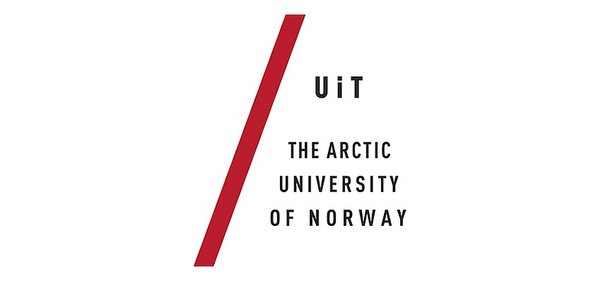Soil microorganisms and plants are key players in the production and breakdown of organic matter, and together control global biogeochemical cycles of carbon, nitrogen and phosphorus. TER, the Division of Terrestrial Ecosystem Research, aims to advance our fundamental understanding of how plants and soil microorganisms respond to, and in turn shape, their abiotic and biotic environment, and to determine the consequences for the functioning of Earth’s ecosystems.
Research Mission
Primarily dedicated to basic research, TER addresses pressing environmental issues, such as the impact of climate and land-use change on ecosystem functioning and the role of soils in the global carbon cycle and in food security. In doing so, we work on scales from µm (i.e. the scale at which microbes operate) to the biosphere (i.e. where plant and microbial processes become evident), and in ecosystems spanning the Arctic tundra to tropical rainforests. We integrate this scale of thinking with state-of-the-art methods, including stable isotope tracing and biomarker fingerprinting, and are developing novel approaches to estimate gross environmental processes with isotope pool dilution techniques.
We are strongly committed to conduct world-leading research in a motivating and intellectually stimulating environment, and to train our students to become independent and internationally competitive scientists who enjoy research and contribute to society as conscientious citizens.

Research Projects
Time & Energy, fundamental microbial mechanisms that determine methane dynamics in a warming arctic
Arctic peatlands are dynamic, fluctuating environments exposed to frequent temperature changes within as well as between seasons. The effect of temperature changes on the carbon balance in Arctic peatlands depends on short-term (hours-days), medium-term (weeks-months) and long-term (years) microbial acclimation and adaptation to temperature change.
Peat soil microcosms from Arctic continuous permafrost ecosystems in Spitsbergen will act as model systems for the exploration of microbial adaptation at different levels of resolution and changes in microbial metabolism, population dynamics and trophic and metabolic networks at different timescales. Our aim is to understand how microorganisms acclimate, how fast they adapt, and how these adaptations affect the rates of peat decomposition.
The project is a collaboration between Department of Arctic and Marine Biology at UiT, the Arctic University of Norway, and TER – the Division for Terrestrial Ecosystem Research, and CUBE – the Division for Bioinformatics and Computational Systems Biology, of the Department of Microbiology and Ecosystem Science.
Time & Energy is a three-year project funded by the Research Council of Norway through a FRIPRO Mobility Grant. The FRIPRO Mobility grant scheme (FRICON) is co-funded by the European Union’s Seventh Framework Programme for research, technological development and demonstration under Marie Curie grant agreement no 608695.


Collaboration with:
- Thomas Rattei (CUBE)
- Lucaciu Rares (CUBE)
Investigated by:
- Alexander Tveit
- Andreas Richter